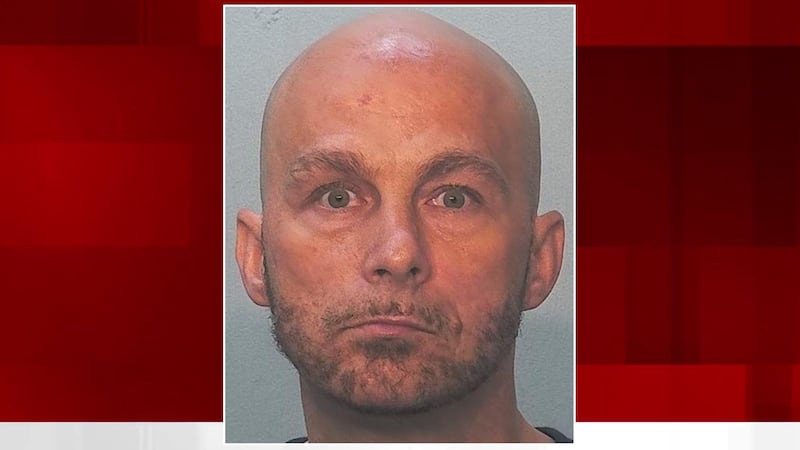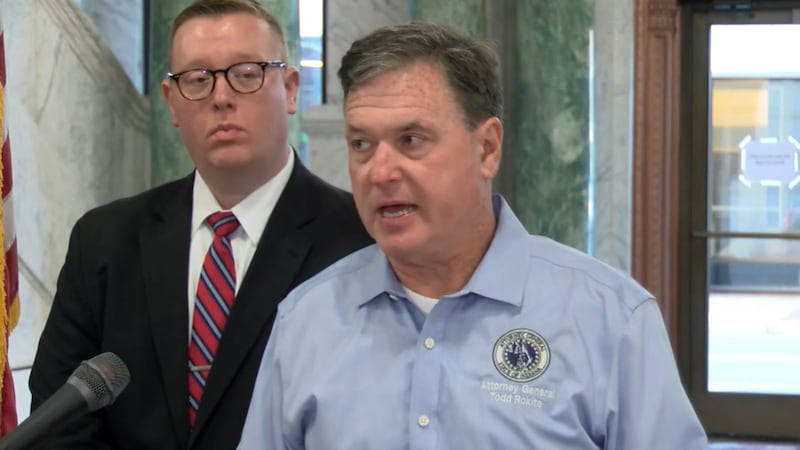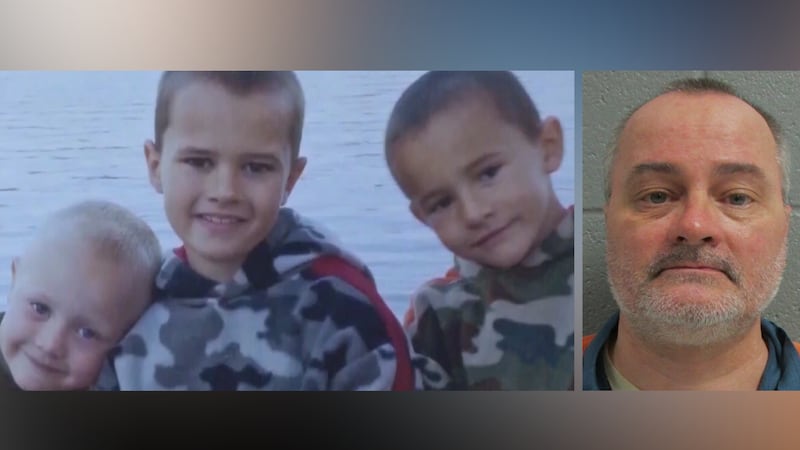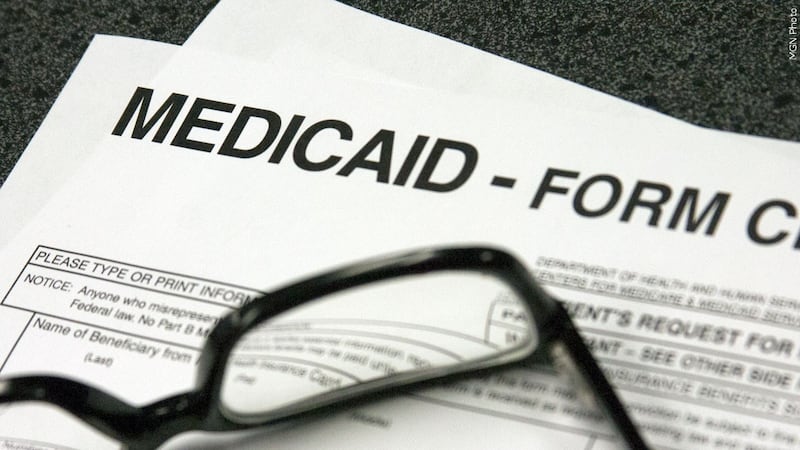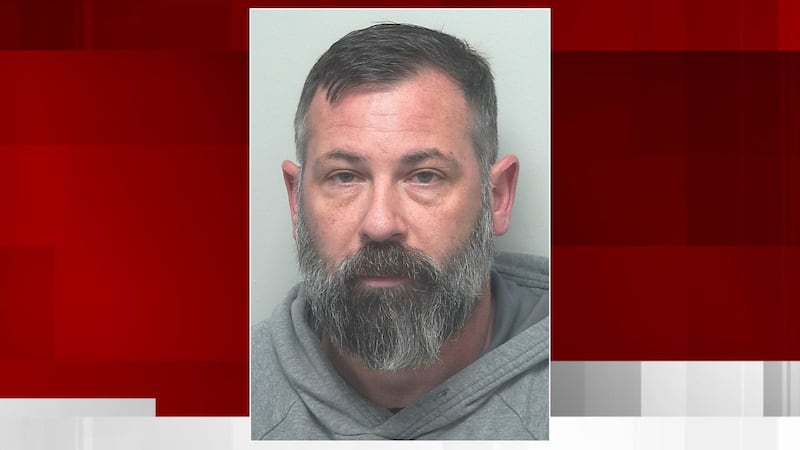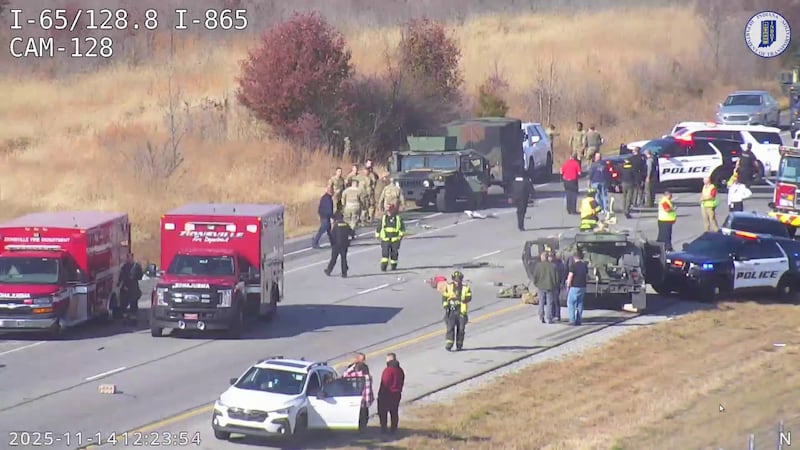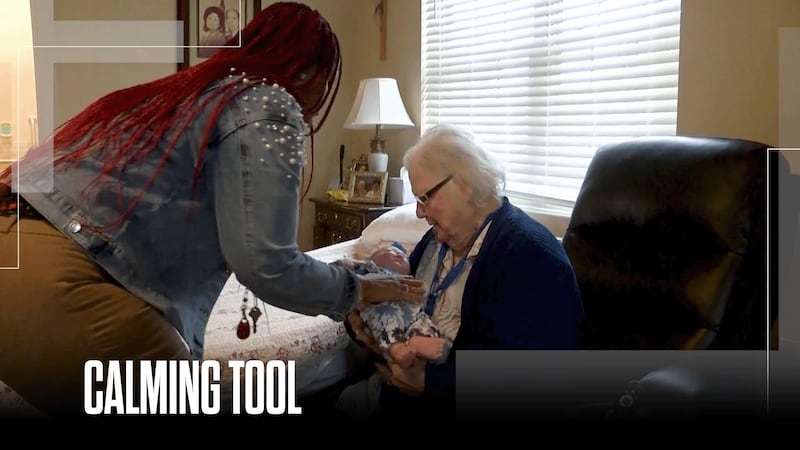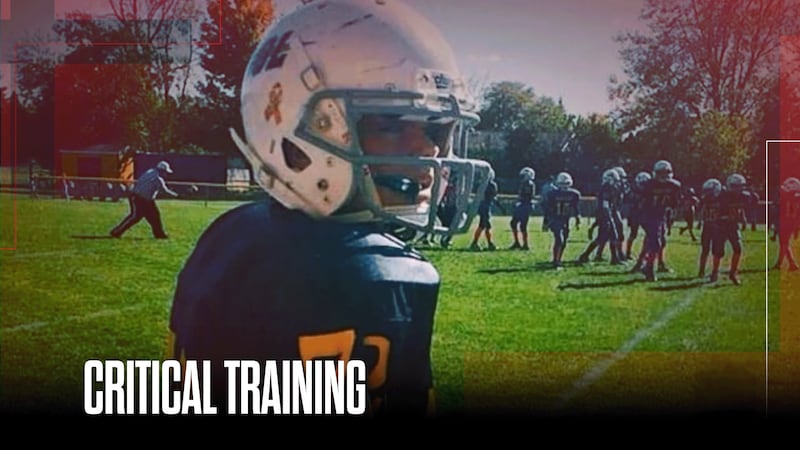How survivors of mass violence, shootings cope with long-term trauma
Survivors of Kansas City parade shooting, New Orleans attack share trauma recovery journeys
(InvestigateTV) — For a growing number of Americans, mass violence is no longer unimaginable as they watch it play out in front of their eyes, both in person and through a screen.
Mass violence is defined as “disasters, which include shootings and acts of terrorism,” that “often occur without warning and can happen anywhere,” according to the Substance Abuse and Mental Health Services Administration.
Experts say they’re just beginning to understand the overall public health impact of witnessing mass violence, both in person and online.
Kansas City Chiefs parade shooting leaves lasting trauma
Gabriella Majers-Darger loves puzzles. She says they help calm her mind. It’s just one tool the high schooler and her mom, Bridget Barton, use to prioritize their mental health after witnessing terror unfold.
“That was the one true experience that I did not feel safe at all. And I did not trust anyone,” Majers-Darger said. On Valentine’s Day 2024, a victory parade for the Kansas City Chiefs’ back-to-back Super Bowl wins took a violent turn when gunfire erupted from a crowd of hundreds.
The shooting, which police say was the result of an argument, left a local radio DJ dead and 22 others wounded, including eleven children.
“I pulled a slug from my bag. I washed blood off my daughter’s tennis shoes. And although we weren’t shot, this has changed our entire lives,” Barton said.
More than a year later, Bridget says the fear from that day lingers.
“For the first few months, I was consumed by it. Even now, I hardly leave my house,” she said.
She says she and her daughter often have flashbacks, and they avoid Union Station, the site of the shooting and a Kansas City landmark.
“It brings back memories of when it happened. There’s this one flashback I get most of the time of everyone running past me,” Majers-Darger said.
Study reveals widespread exposure to mass violence
Of those, about 1 in 45 say they were hurt, whether by gunfire or other injuries, such as being trampled.
Dr. Jillian Peterson is a psychologist and co-authored the JAMA Network study. She says being present during any type of mass violence can lead to mental health issues, such as anxiety and depression.
“If you are on the scene of something like that, it’s going to have long-lasting effects,” Peterson said.
“It can produce post-traumatic stress disorder if you think you’re gonna die. It can make you fearful in spaces. It can, and those impacts can last for decades,” she said.
PTSD symptoms and online exposure effects
PTSD symptoms can cause flashbacks to the traumatic event, trouble sleeping, memory problems, irritability or angry outbursts, and feeling disconnected from family and friends, according to the Mayo Clinic.
Peterson says typically, people present during an act of mass violence experience at least one of these symptoms, even if they’re not physically injured.
She says the age of live streaming and viral videos has created a different challenge. Research from 2014 found that people who were more frequently exposed to images and videos of mass violence were more likely to report symptoms of anxiety.
“It’s something that’s kind of ever-present in our mind as a possibility. I think we’ve in many ways become numb to it,” Peterson said. “But that doesn’t mean it’s not affecting us right, it’s making us anxious, it’s making us more fearful of public spaces.”
A 2024 survey of one thousand Americans found 36 percent of respondents admitted to avoiding public places or events due to fear of a mass shooting, according to ProTrainings.
“Very normal to feel anxious and fearful about going back to a space where there’s a mass casualty event,” Peterson said.
New Orleans attack survivor shares experience
For some, returning to the site where they witnessed mass violence can be cathartic.
In the early morning hours of New Year’s Day 2025 in New Orleans, a lone terrorist used a truck as a weapon to barrel down Bourbon Street.
“I saw things flying through the air, but it was just at that point I was about three blocks in, so with that amount of speed, there wasn’t enough time to react,” said Adam Coste, a combat veteran who was injured in the attack.
The carnage left 14 people dead, including the gunman, and at least 57 others injured, including Coste.
“I was able to jump at the last possible second, where it was just my foot that was hit,” he said.
He was unable to walk, and first responders carried him to safety.
“I just kept my head and eyes down cause I didn’t want those images in my head,” Coste said.
As the physical scars fade, he says, seeing the victims’ lives cut short is an image difficult to erase.
“It’s a tough situation. I think, for me, also seeing those that passed away... A lot of them younger, in their 20s,” Coste said. “That was very tough for me.”
Therapy and coping strategies essential for recovery
Back in Kansas City, Bridget Barton and her daughter are both in therapy. Treatment that Dr. Jillian Peterson says is crucial after witnessing a traumatic event.
“I cannot understate the importance of therapy. I mean, we’ve been pretty open about, you know, being in therapy, helping us process some of this. What we saw were horrific injuries front and center,” Barton said.
Images they say they won’t soon forget, but they’re optimistic that with time, their emotional scars will heal.
“We’re better, but we’re not healed. We’re healing,” she said.
Additional coping strategies and warning signs
In addition to therapy and revisiting the scene of the crime, coping strategies can include relieving stress through meditation or yoga, limiting exposure to mass violence online, and if going to public places alone elevates your stress, trying to get involved in community activities like volunteering, according to SAMHSA.
Other signs of emotional distress related to mass violence can include feeling numb or like nothing matters, feeling guilty but not sure why, feeling like you have to keep busy, and excessive smoking, drinking or using drugs, including prescription medication.
According to the Mayo Clinic, you should talk to your doctor if you have disturbing thoughts and feelings about a traumatic event for more than a month, especially if they’re severe.
- Submit story tips to our Investigators
- Share errors or concerns with our Digital Editors
- Watch full episodes of InvestigateTV+
- Subscribe to the InvestigateTV YouTube Channel
Copyright 2025 Gray Media Group, Inc. All rights reserved.

